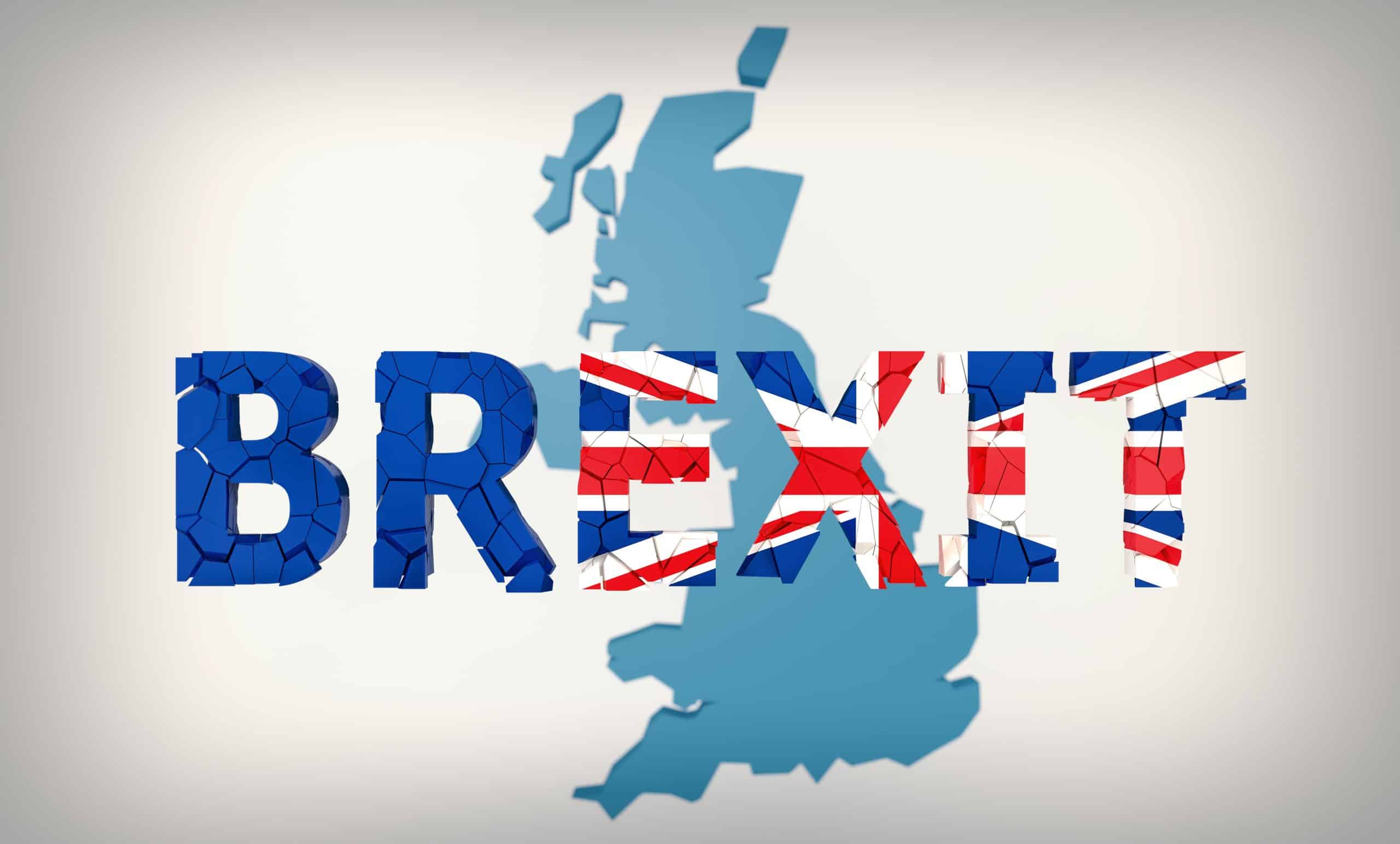How to Navigate Post-Brexit Trade Regulations for UK SMEs Importing Goods from the EU?

Brexit ushered in a new era of trade regulations. On January 1, 2021, the transition period ended and Britain formally left the European Union (EU). This significant event has had a profound effect on many businesses, especially small and medium-sized enterprises (SMEs) that import goods from the EU. The transition to the new system has not been without its challenges. However, with adequate guidance, understanding, and adherence to the new rules, businesses can successfully navigate this uncharted terrain.
Understanding the New Trade Regulations
In the post-Brexit era, the UK has become a ‘third country’ to the EU. This implies that it is no longer part of the EU’s Single Market and Customs Union. Consequently, there have been significant changes in the way goods are imported from the EU into the UK.
A lire également : Top LLC formation services with great customer support
Goods imported from the EU are now treated as any other imports, subject to the UK’s Global Tariff. This means that businesses importing goods will have to adhere to new customs procedures and may face additional tariffs, depending on the nature of the goods and their origin.
To navigate these changes, businesses need to understand the new rules and how they apply to them. This includes knowing the necessary paperwork, understanding how to calculate tariffs, and being aware of the changes in VAT treatment.
En parallèle : How Can Small UK Publishers Adapt to the Decline in Print Media Sales?
Getting Goods Across the Border
One of the significant changes post-Brexit is the need for additional paperwork when importing goods from the EU. This includes customs declarations and, in some cases, safety and security declarations.
To get your goods across the border, you will need to have an Economic Operator Registration and Identification (EORI) number. This number is used by customs authorities to monitor and trace goods entering and leaving the EU. It starts with GB, followed by a unique number. Without an EORI number, your goods may be held at customs, leading to delays and additional costs.
You will also need to classify your goods using the commodity code. This will determine the rate of duty you’ll need to pay when importing your goods. Keep in mind that incorrect classification can result in overpayment of tariffs or seizure of goods by customs.
Determining the Origin of Goods
The origin of goods is a crucial factor in determining the tariffs applicable to your imports. Under the new rules, if your goods originate from the EU, they may be eligible for tariff-free access under the UK-EU Trade and Cooperation Agreement. However, this is not automatic, and you will need to prove the origin of your goods.
To benefit from this, you need to understand the ‘rules of origin’ which specify the conditions under which goods are considered to have originated in a certain place. If your goods are not wholly obtained or produced in the EU, you may need to consider whether they have undergone sufficient processing in the EU to be considered of EU origin.
Managing VAT and Additional Costs
Post-Brexit, VAT rules for importing goods have also changed. Businesses now need to account for import VAT on their VAT return, known as postponed VAT accounting. However, this can be reclaimed as input VAT, subject to the standard VAT recovery rules.
Besides VAT, businesses should also consider other potential costs such as customs duties, administrative costs for completing customs declarations, and costs related to regulatory compliance. Being aware of these costs can help businesses plan better and avoid unwelcome surprises.
Seeking Professional Guidance
Navigating the new post-Brexit trade regulations can be challenging for businesses, especially SMEs with limited resources. It can be beneficial to seek professional guidance to ensure compliance with the new rules.
Professional advisors can provide tailored advice based on your business’s specific needs and circumstances. They can guide you through the various stages of the import process, help you understand your obligations, and provide support in dealing with any potential issues with customs authorities. This can provide reassurance and help businesses navigate the new post-Brexit trade landscape more confidently.
Adapting to the Northern Ireland Protocol
In the post-Brexit trade landscape, the Northern Ireland Protocol represents a unique set of rules. The Protocol, part of the Withdrawal Agreement, is designed to avoid a hard border between Northern Ireland and the Republic of Ireland. Therefore, it means that Northern Ireland follows different rules compared to Great Britain.
Under the Protocol, Northern Ireland remains aligned to the European Union’s Single Market for goods. Hence, businesses based in Northern Ireland importing goods from the EU are not required to pay tariffs, unlike their counterparts in the rest of the United Kingdom. Northern Ireland businesses can also export goods into the EU without any customs checks. This arrangement, although beneficial in maintaining the open border with the Republic of Ireland, creates a de facto customs border in the Irish Sea between Great Britain and Northern Ireland.
When moving goods from Great Britain to Northern Ireland, traders may need to complete a customs declaration. Traders must also follow EU rules for placing goods on the market. This includes providing EU safety and performance standards, and labelling requirements.
Given these complexities, businesses should seek professional advice to understand these regulations thoroughly. The UK government also provides support through the Trader Support Service, a free-to-use service that guides businesses through the changes to the way goods move between Great Britain and Northern Ireland.
Leveraging Government Support Schemes
The UK government is aware of the challenges the new trade regulations post-Brexit pose for SMEs. As a result, they have implemented several support schemes to help businesses adapt to the new trade environment.
The SME Brexit Support Fund provides up to £2,000 to help businesses adjust to new customs, rules of origin, and VAT rules when trading with the EU. This fund can be used to pay for practical support, including training and professional advice, to help businesses adjust to the new requirements.
In addition to the support fund, the UK government regularly provides updated guidance and resources on their official website. This includes detailed information on topics like tariffs, duty rates, import and export procedures, VAT changes, and more.
The Department for International Trade also offers a range of export support services. These include export readiness assessments, advice on international trade, and information on trade fairs and missions.
It is therefore advisable for businesses to utilise these resources and take advantage of the support schemes available to ease the transition to the new post-Brexit trade regulations.
Conclusion
Undeniably, Brexit has brought about significant changes for businesses. With the United Kingdom becoming a ‘third country’, SMEs face new customs procedures, tariff rates, VAT rules, and more when importing goods from the European Union.
However, with proper understanding and guidance, SMEs can navigate this new terrain efficiently. The key lies in understanding the new trade regulations, getting goods across the border, determining the origin of goods, managing VAT and additional costs, and seeking professional guidance.
Furthermore, businesses must adapt to the unique Northern Ireland Protocol rules and leverage government support schemes to ease the transition. As with any change, there will be challenges, but with careful planning and the right support, businesses can continue to thrive in the post-Brexit era.
